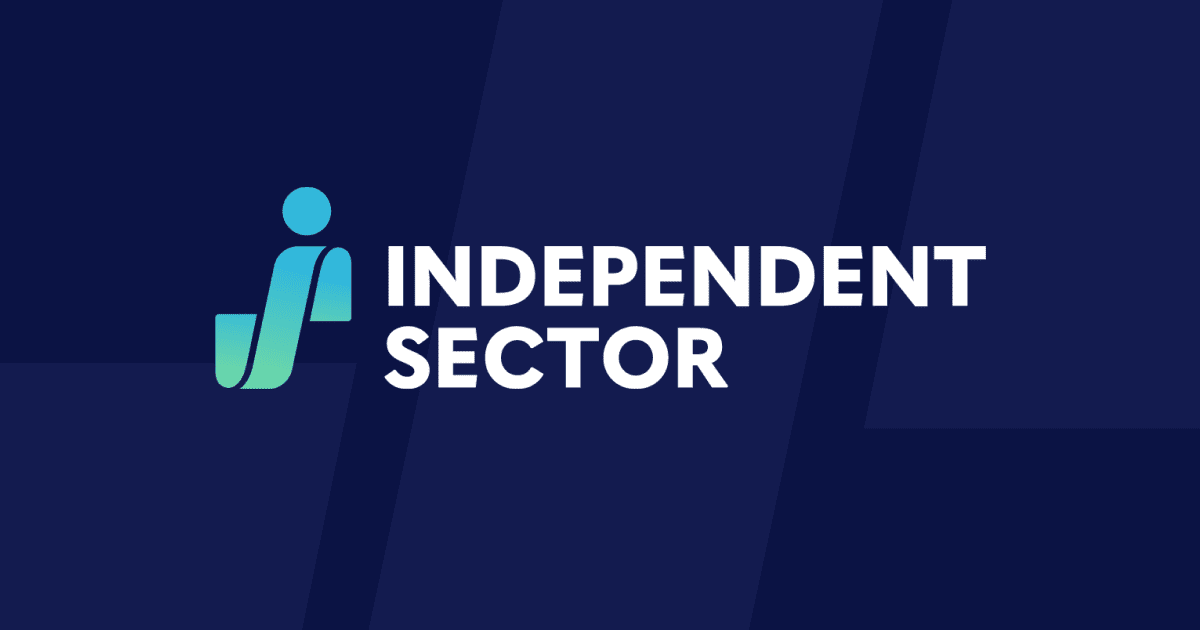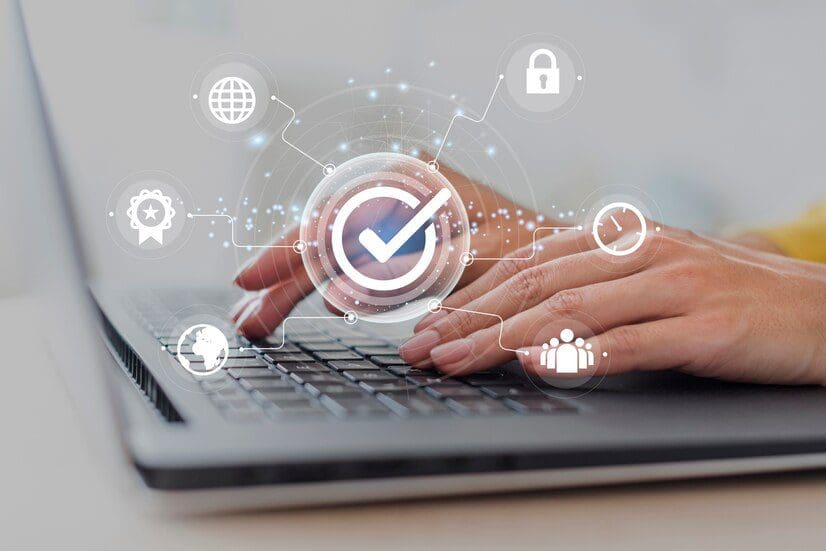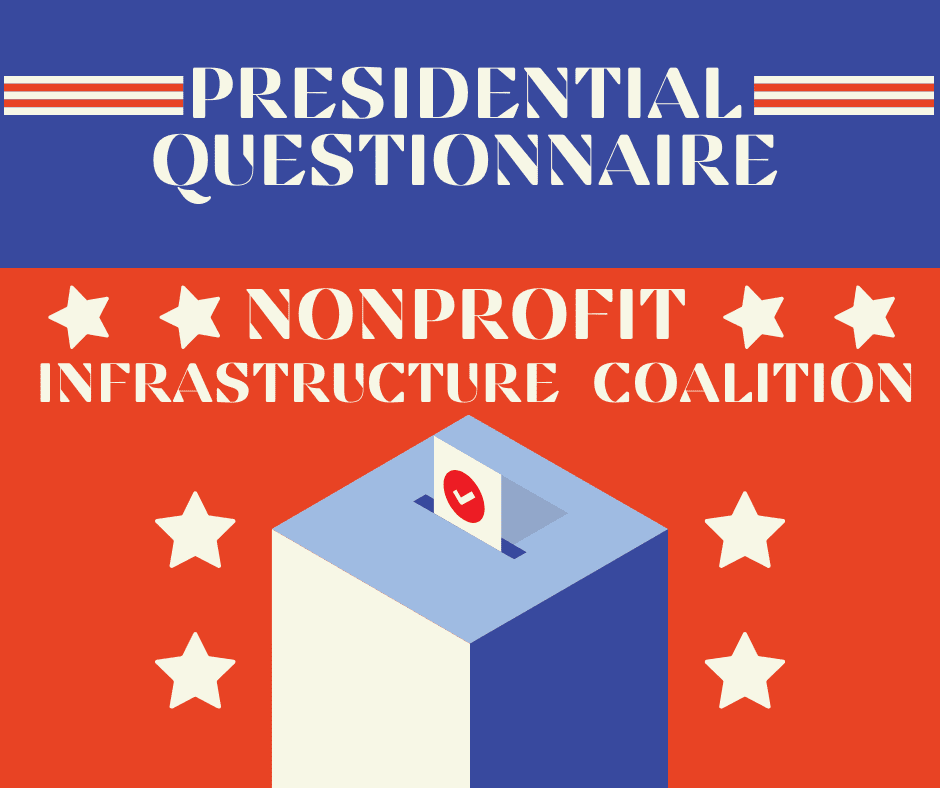The Coronavirus Aid, Relief, and Economic Security Act (CARES ACT) (H.R. 748) passed the Senate just before midnight on March 25, 2020. The House of Representatives is expected to pass the bill by the end of the week and send the measure to the President’s desk for signature.
Prior COVID-19 Legislation
On March 6, Congress approved an initial emergency aid package totaling $8.3 billion. The Coronavirus Preparedness and Response Supplemental Appropriations Act (H.R. 6074) increased funding for testing of the COVID-19 virus and lowered costs for related medical treatments.
On March 18, the Families First Coronavirus Response Act (H.R. 6201) passed Congress and was signed into law by President Trump. A summary of H.R. 6201 can be found here.
The CARES ACT (H.R. 748) contains several provisions that are relevant to nonprofit organizations and the communities they serve.
Charitable Giving (Section 2204 – 2205)
Partial Above the Line Charitable Deduction for Individual Donors: Provides a maximum deduction of $300 for charitable contributions for taxpayers that elect not to itemize their deductions on their tax return. The tax incentive applies to cash contributions only and does not apply to contributions to a supporting organization, a Donor Advised Fund or a carryover contribution. It is effective for contributions made in calendar year 2020.
The inclusion of an expanded charitable giving incentive is a critical acknowledgement by Congress that nonprofits need an infusion of financial resources to maintain and expand services to meet growing community needs, while also protecting the health of their staff, volunteers, and constituents. It is the first time Congress has passed this type of giving incentive in response to a disaster or national emergency. Unfortunately, the $300 cap does not stimulate the level of giving required to recover lost revenue from event cancellation, projected declines in giving due to a slowing economy, increasing demands for services, and adapting business models to support public health. Independent Sector and our partners will work with policymakers to raise the limit of the charitable deduction to increase the total amount of resources flowing into the nonprofit sector during these difficult times.
Suspension of AGI Limits for Individual and Corporate Donors: For contributions made in cash during 2020, the 60 percent AGI limits would not apply to individuals. The limit for contributions from corporations would be increased from 10 percent of taxable income to 25 percent. These changes would not apply to contributions to a supporting organization or a Donor Advised Fund. The limit on contributions of food inventory would be increased from 15 percent to 25 percent of taxable income. The suspension is effective for qualified contributions made in 2020. Suspending AGI limits as a temporary measure to stimulate more giving is an effective strategy that Congress has used in response to past natural disasters and national emergencies.
Emergency Loans
SBA 7(A) Loan Program Expansion – “Paycheck Protection Program” (Sections 1101-1006): Provides 100% guarantee for bank loans made to qualifying business/organizations during the period of February 15, 2020 to June 30, 2020. Nonprofit organizations under section 501(c)(3) are eligible to apply for loans. To qualify, nonprofits must not have more than 500 total full-time and part-time employees (or if greater, the number of employees under SBA size standards). In determining the number of employees that an organization has, the SBA affiliation rules would apply.
The maximum loan is the lesser of 2.5 times average monthly payroll costs during prior year or $10 million. Payroll costs include – salary, wages, sick leave (unless allowed for paid leave tax credit), health benefits, pension benefits, state taxes, payments to independent contractors. (Payments for salary, wages and payments to independent contractors limited to $100,000). Nonprofits may use the loan proceeds for payroll costs, health benefits during sick or family leave, salaries or commissions, interest on mortgage, rent, utilities and prior debt.
The SBA will not impose any fees and the interest rate is capped at 4 percent. Loans are eligible to be deferred (principal and Interest) for at least 6 months but not longer than 1 year. Most importantly, loan forgiveness is available for the principal portion of loan used for payroll costs, interest on mortgage, rent and utilities. The forgiveness amount will be reduced by the ratio of full-time equivalent employees during 2020 compared to 2019.
We are disappointed that nonprofit organizations with more than 500 employees (broadly defined) are ineligible for this program. Due to successful advocacy by nonprofits across the country, the final legislation does not exclude nonprofits that receive Medicaid reimbursement. Those organizations are eligible to apply for these SBA loans to help meet their financial needs during this crisis.
Emergency Economic Injury Grants (SBA 7(b) Disaster Loans) (Section 1110): Private nonprofits, among others, with fewer than 500 employees who apply for an economic injury disaster loan with the SBA may receive up to $10,000 as an advance against the loan within 3 days of application if SBA certifies that the entity is eligible. This is to enable nonprofits to quickly access financial assistance while their loan application is being processed. Eligibility is based solely on applicant’s credit score. Funds can be used for payroll costs, materials, rent, mortgage or other debt payments. Nonprofits can submit an application during calendar year 2020. The amount of the grant does not need to be returned if loan application is denied, but would be counted towards the loan forgiveness amount for payroll cost under a 7(a) loan.
Treasury Industry Stabilization Loan Program (Section 4003): Provides up to $454 billion (of the $500 billion total fund) in financial assistance to businesses, including nonprofits. The legislation grants the Department of the Treasury the authority to develop a program to provide loans to nonprofit organizations with between 500 and 10,000 employees through December 31, 2020. They could be direct loans or guarantees of private loans, but unlike the 7(A) small business loans, these loans cannot be forgiven. Direct loans would have an interest rate of not more than 2 percent, with no principal or interest payments due for the first 6 months. The borrower must make good faith certification that 1) economic conditions make the loan necessary; 2) loan proceeds will be used to retain 90 percent of workforce at full compensation until September 30, 2020, and 3) the organization will restore not less than 90 percent of workforce as of February 1, 2020 and restore all compensation and benefits to workers no later than 4 months after termination of the COVID-19 public health emergency.
Nonprofit Employment
Employee Retention Credit (Section 2301): Provides a credit against payroll tax liability of 50 percent of qualified wages for each employee during the calendar quarter of nonoperation. The maximum wages taken into account is $10,000, so the credit amount is $5,000 per employee. It can offset the employer’s employment taxes and any excess would be refundable. An eligible employer is one where:
- The operation of the business is fully or partially suspended during the calendar quarter due to government orders limiting commerce, travel or group meetings due to COVID-19, or
- The gross receipts for the quarter (beginning in January 2020) are less than 50 percent than the same quarter in the prior year
Eligible wages include:
- For employers with greater than 100 full-time employees, wages paid to employees when they are not providing services to due to COVID-19.
- For employers with 100 or fewer full-time employees, all employee wages qualify for the credit, whether the employer is open for business or subject to shut-down order.
An employer that receives a loan under the SBA 7(a) Paycheck Protection Program is not eligible for the credit. The credit applies only to wages paid after March 12, 2020 and before January 1, 2021.
Delay of Employer Payroll Tax (Section 2302): Payments for employer payroll taxes would be delayed. Fifty percent of employment taxes for 2020 are due by December 31, 2021 and the remaining 50 percent are due by December 31, 2022. The delay would not apply to an employer that received loan forgiveness of an SBA 7(a) loan.
Unemployment Payments for Self-Insured Nonprofits (Section 2103): Nonprofits that elect to self-insure rather than paying state unemployment tax will be reimbursed for half of the costs of benefits provided to their laid-off employees.
Expanded Unemployment Insurance (Section 2102-2104): Provides jobless workers an extra $600 per week on top of their state benefits for four months. A new pandemic unemployment program aids unemployed, partially employed, or individuals unable to work who do not typically qualify for traditional benefits. This includes furloughed workers, contractors, gig-economy, and self-employed workers who comprise the nonprofit workforce.
Amendments to the New Paid Leave Mandates (Section 3602): Modifies paid leave provisions in Families First Coronavirus Response Act by setting the maximum amount employers must pay for two weeks of sick pay at $511 per day. Under the 10-week childcare leave, an employer would be required to pay a maximum of $200 for each employee.
Direct Aid to Nonprofit Employees & Constituents
Recovery checks for individuals (Section 2201): Each US individual will receive—within weeks—up to $1,200 and an additional $500 for every child. This amount will be reduced for higher income taxpayers and begin phasing out after $75,000 in adjusted gross income for a single taxpayer, $112,500 for a head of household filer, and $150,000 for married couples who file a joint return. The amount is completely phased-out for single taxpayers with incomes exceeding $99,000, $146,500 for head of household filers with one child, and $198,000 for joint filers. The IRS will base these amounts on the taxpayer’s 2019 tax return if filed, or in the alternative their 2018 return. Individuals must file their taxes in order to receive recovery checks.
Appropriations to Government Programs Impacting Nonprofit Work
Election Assistance: The legislation appropriates $400 million to states to help adapt election procedures. Voting serves as a cornerstone of a healthy civil society. Nonprofit missions depend on ensuring that our constituents are not forced to choose between their vote and their health. Independent Sector joined nonprofit advocates and elected officials to advocate for sufficient funding to enable states to comply with CDC recommended practices. This legislation provides initial funding towards this goal, but additional funding will be necessary to fully protect voters and ensure we have a healthy democracy in 2020.
Other Programs:
- Child Nutrition Programs – $8.8 Billion
- Supplemental Nutrition Assistance Program (SNAP) – $15.5 Billion
- Emergency Food Assistance Program – $450 Million
- Bureau of Indian Affairs – $453 Million
- Community Services Block Grant – $1 Billion
- Head Start – $750 Million
- Low-Income Home Energy Assistance – $900 Million
- Child Care Development Block Grant – $3.5 Billion
- Children and Family Services Programs – $1.9 Billion
- National Domestic Violence Hotline – $2 Million
- Family Violence Prevention – $45 Million
- Runaway and Homeless Youth – $25 Million
- Child Welfare Services – $25 Million
- Aging and Disability Services – $955 Million
- National Endowments for the Arts and Humanities – $75 Million each
- Institute of Museum and Library Services – $50 Million
- Community Development Block Grant – $5 Billion
- International Disaster Assistance – $50 Million
- Public Health and Social Services Emergency Fund – $27 Billion
- Veterans Administration Homelessness Assistance Grants – $4 Billion
Other Provisions
Limited Liability for Volunteer Health Professionals (Section 3215): Provides additional liability protections for healthcare volunteers.
Modify Volunteer Credits for Education (Section 3514): Authorization for the Corporation for National and Community Service to modify volunteer requirements for education awards.
Blood donation awareness (Section 3226): Directs the Secretary of HHS to carry out an initiative to improve awareness of the importance and safety of blood donation during the emergency period.
Mortgages and Foreclosures (Section 4022): The bill prohibits foreclosures on all federally backed mortgages for a 60-day period starting on March 18, 2020, and provides for 180 days of forbearance for such borrowers if they experienced financial hardships because of the pandemic crisis. This includes mortgages held by Fannie Mae and Freddie Mac, or insured by HUD, the Veterans Administration or the USDA. The relief expires December 31, 2020 or the date the national emergency is terminated, whichever is earlier. For multifamily borrowers with federally backed multifamily mortgages, section 4023 provides up to 90 days of forbearance. Mortgages that qualify include loans for real property designed for five or more families that are purchased, insured or assisted by Fannie Mae, Freddie Mac or HUD. The sunset is the same as the relief provided under sections 4022 above. This provision may be applicable for nonprofit organizations focused on housing security.
Application of Cooperative and Small Employer Charity Pension Plan Rules to Certain Charitable Employers whose primary Exempt Purpose is Providing services with respect to Mothers and Children (Section 3609): This provision amends the definition of CSEC Plans to provide that a pension plan will be a CSEC plan if, as of January 1, 2000, the plan was sponsored by an employer that (i) is exempt from taxation under Code section 501(c)(3), (ii) has been in existence since 1938, (iii) conducts medical research directly or indirectly through grant making, and (iv) has as its primary exempt purpose providing services with respect to mothers and children. This section is effective for plan years beginning after December 31, 2018.
For additional information, please feel free to contact publicpolicy@independen1stg.wpengine.com.


